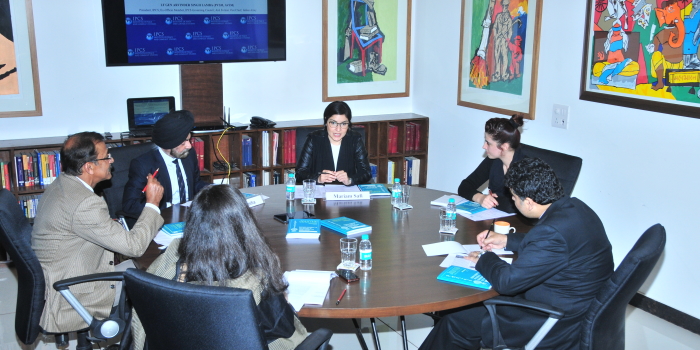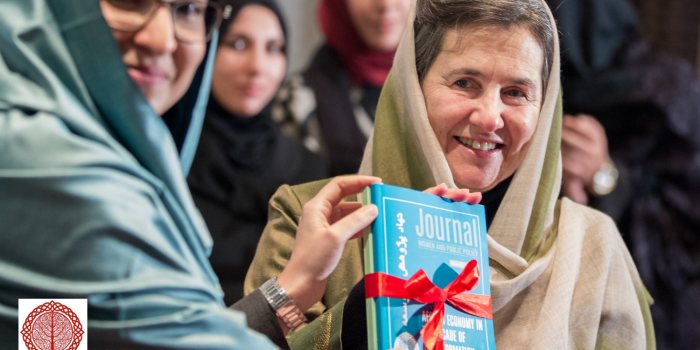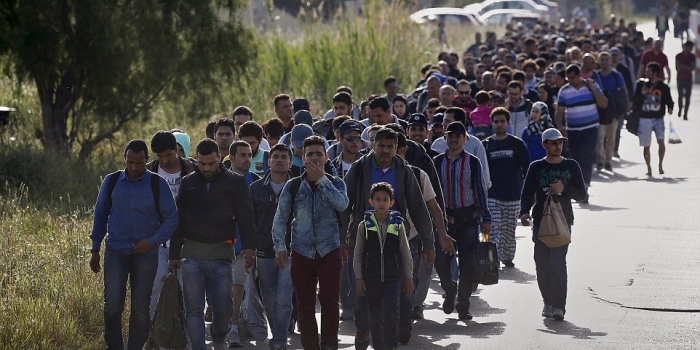The Pakistan-Afghan Women’s Forum for Peace and Democracy (PAWFPD) was established in 2012 to enhance cross-border cooperation between Afghanistan and Pakistan. This initiative engages and empowers women from both countries to participate in processes that help to build peace in the region. In October 2015, the United Nations Security Council convened a High-level Review to assess 15 years of progress at the global, regional and national levels on resolution 1325 on Women, Peace and Security. Through the Afghanistan- Pakistan Women Policy Brief, PAWFPD will build on the review of this document and utilize it as an opportunity to gather women’s








